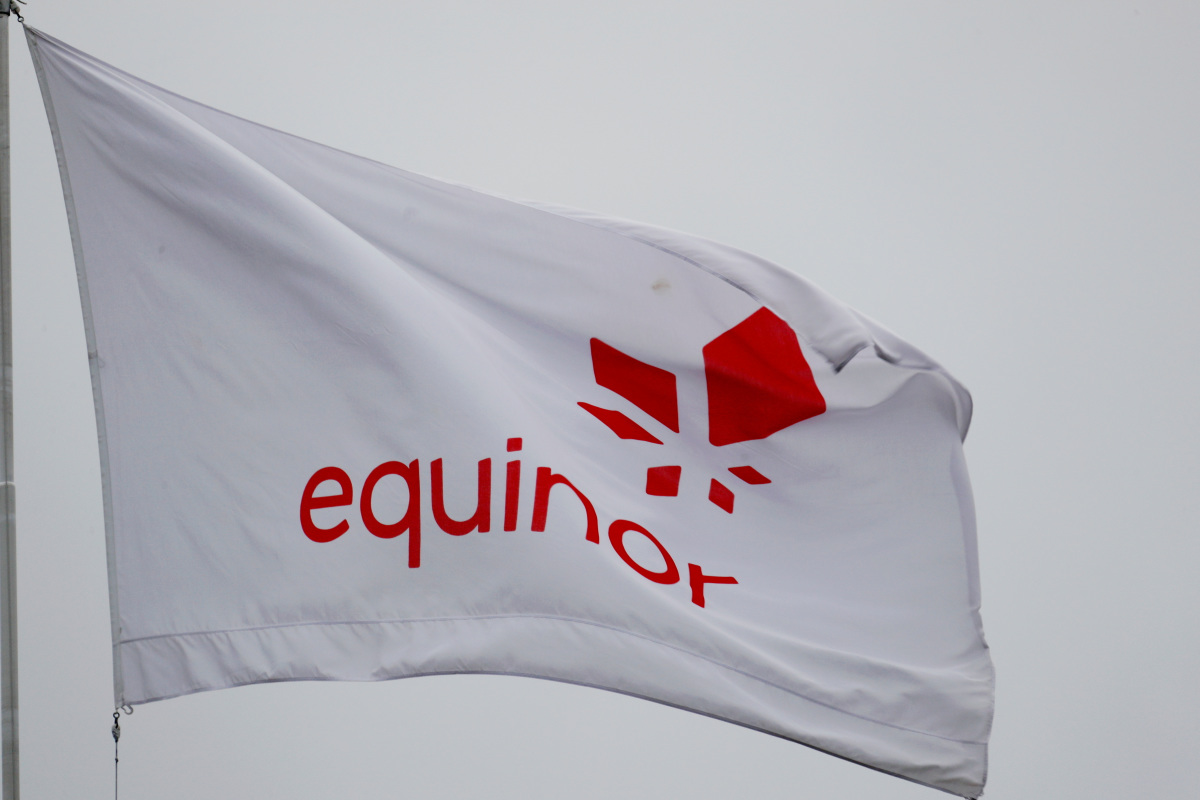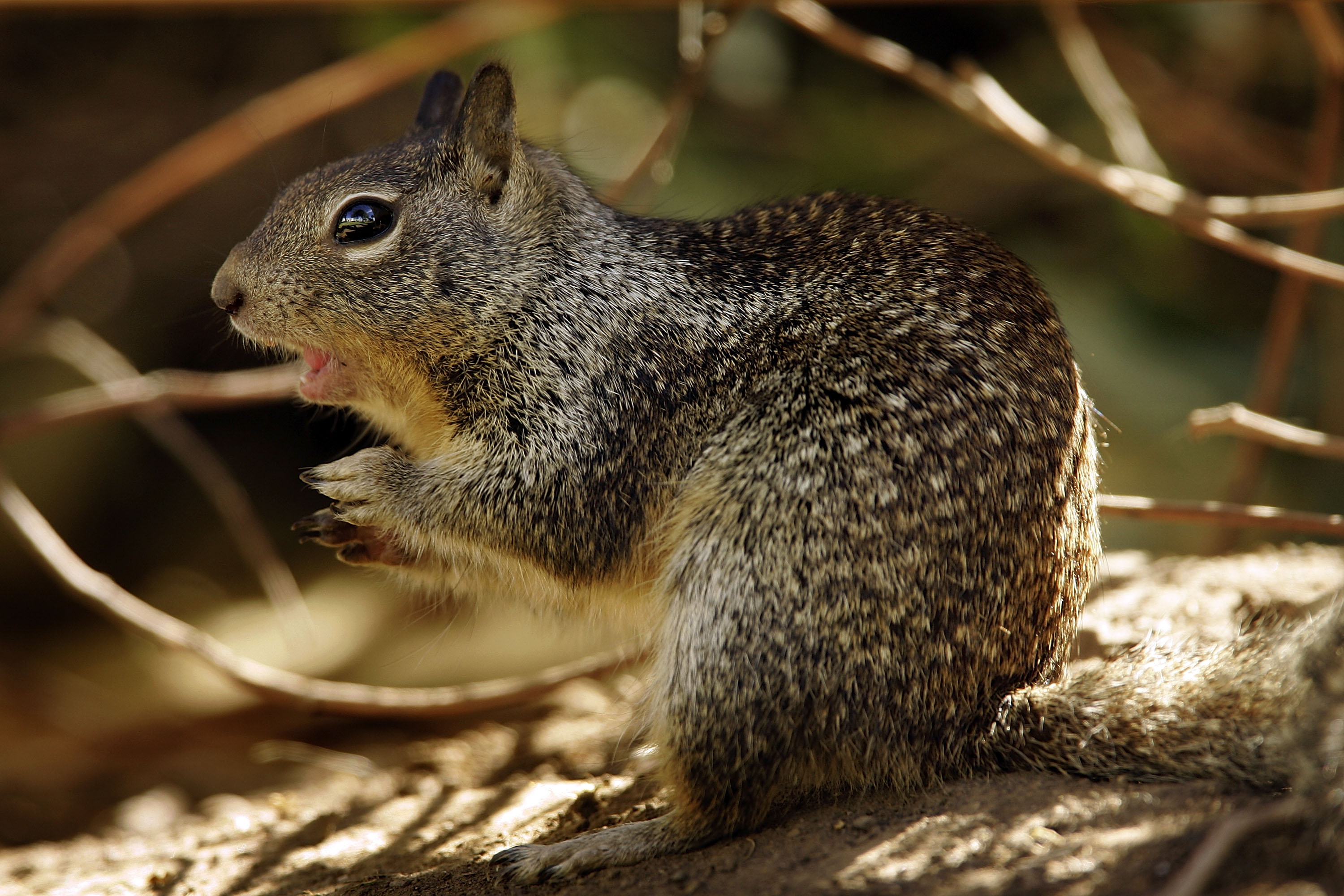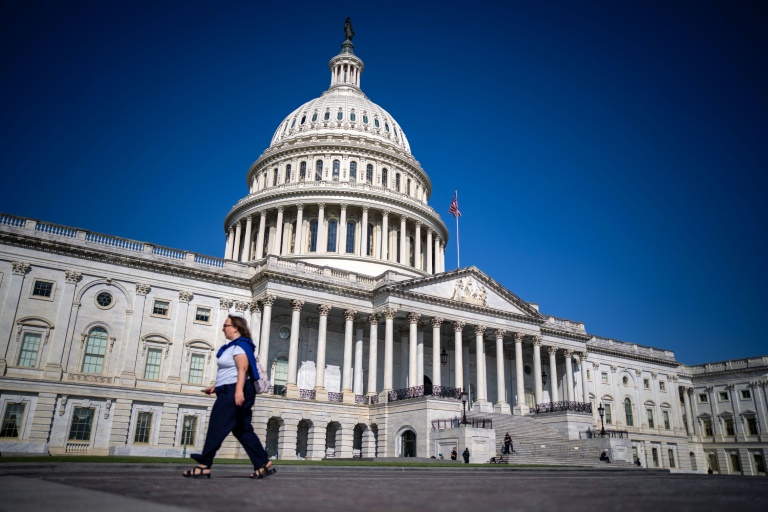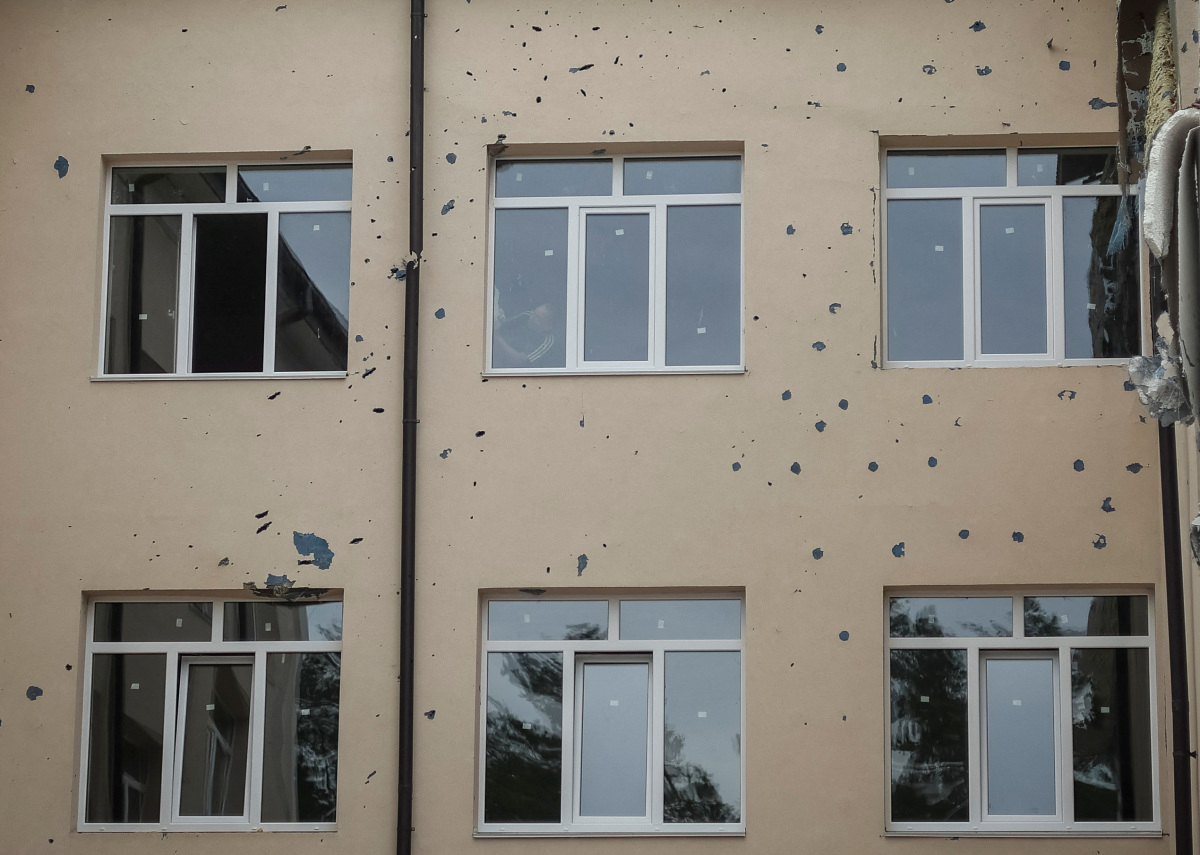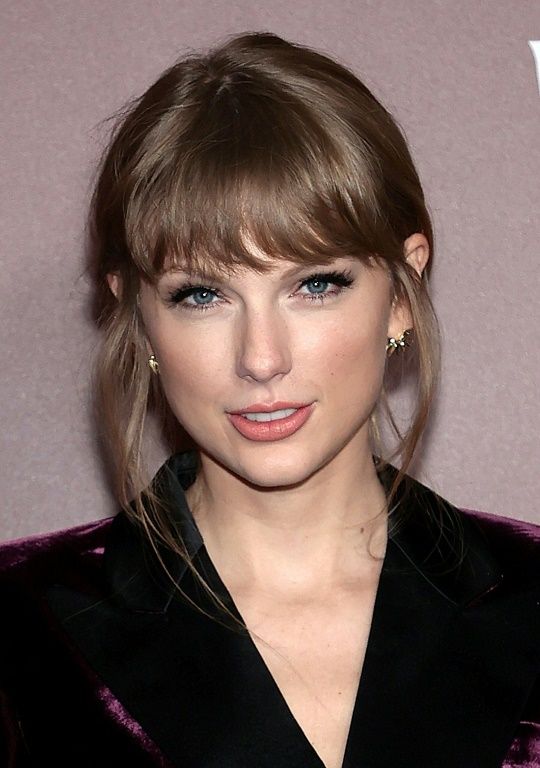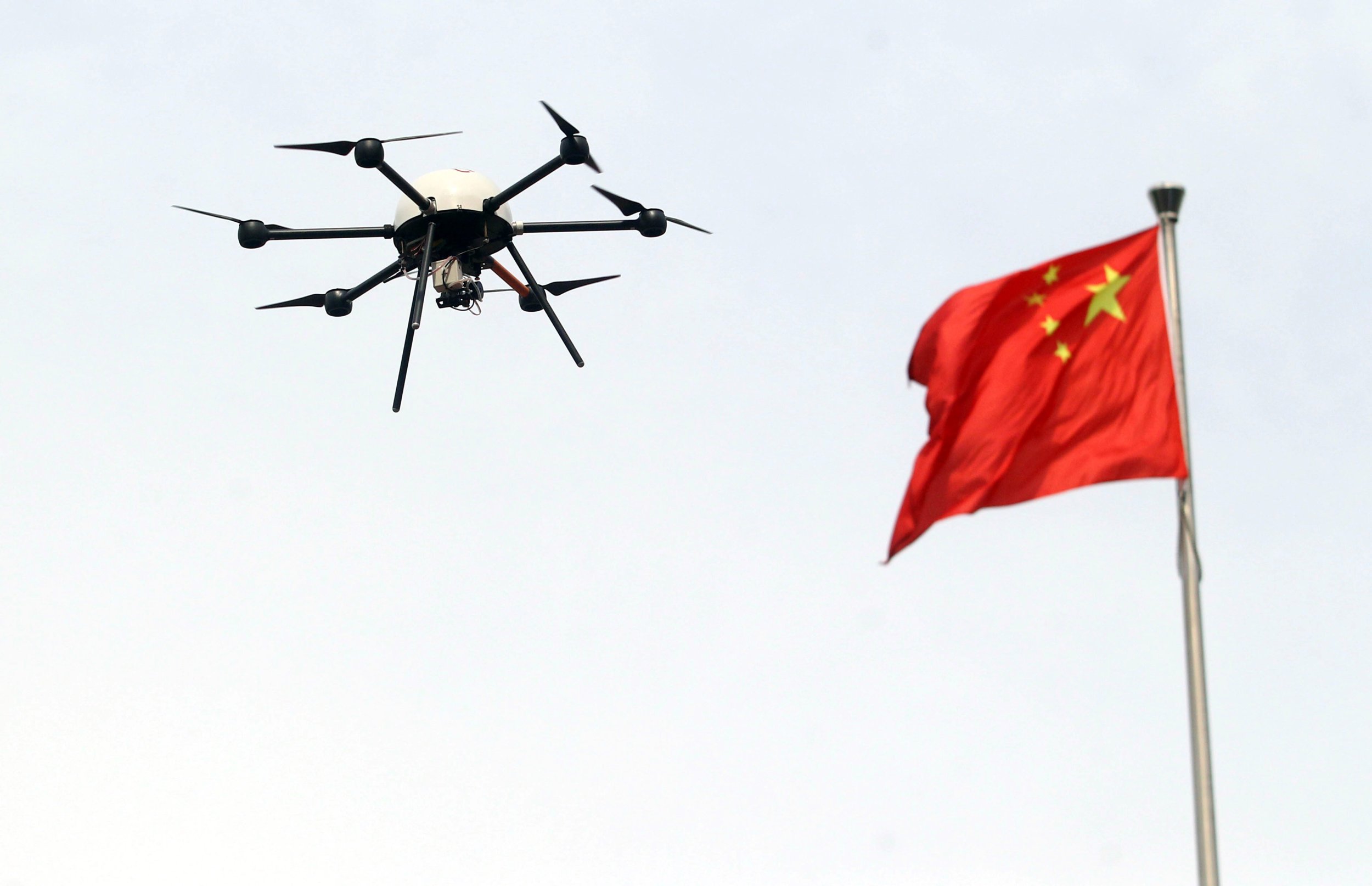Norwegian carbon dioxide (CO2) storage company Northern Lights and its owners have agreed to store emissions captured at fertiliser maker Yara’s Dutch operation from 2025 in what they say is a commercial breakthrough for the business.
The joint venture founded by oil companies Equinor, TotalEnergies and Shell plans to inject CO2 from industrial plants into rock formations beneath the North Sea ocean floor.
Under the deal with Yara, the first commercial agreement Northern Lights has signed, 800,000 tonnes of CO2 per year will be transported on ships from the Netherlands from early 2025.
“We are proving that this actually works,” Shell CEO Ben van Beurden told a news conference. “The fact that it can is a major breakthrough because this is now a pathfinder project for similar projects in Europe.”
Northern Lights also has preliminary deals to store CO2 from a cement plant and a waste plant that, if confirmed, will fill the project’s phase 1 capacity of 1.5 million tonnes per year.
Following the Yara deal, the partnership will now work on expansion of its storage capacity to between 5 million and 6 million tonnes of CO2 per year, Equinor said.
The International Energy Agency says carbon capture and storage (CCS) is vital to reducing global CO2 emissions, including from hard-to-abate sectors such as cement production, to curb global warming.
However, there are few commercial projects in existence. Norway tried a decade ago to create a carbon capture project at a gas power plant in a plan once touted as the oil-producing country’s “moon landing”, but it failed because of cost issues.
In addition, some environmentalists says that CCS merely serves to prolong the age of burning carbon for energy and that the world needs a more decisive shift to renewables.
Yara, one of the world’s largest fertiliser manufacturers, uses natural gas in its production processes and has long sought solutions to cutting the resulting emissions.
(Editing by Terje Solsvik, Gwladys Fouche and David Goodman)
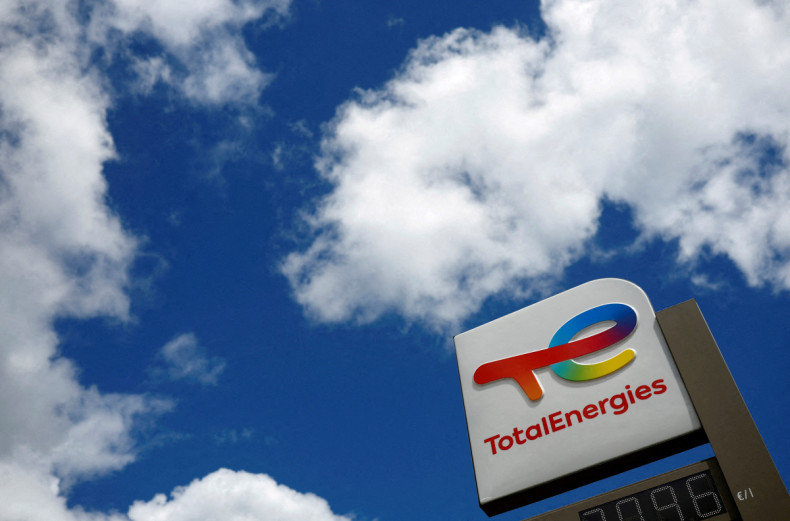
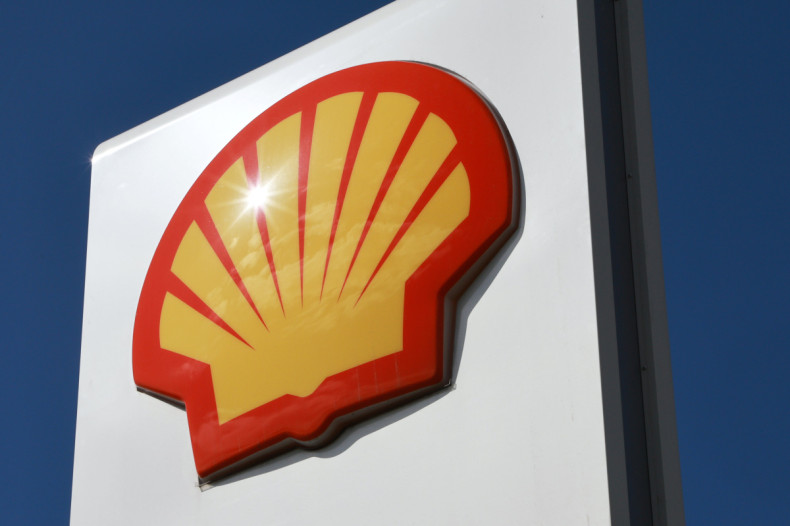
MEET IBT NEWS FROM BELOW CHANNELS
© Copyright Thomson Reuters 2022. All rights reserved.

